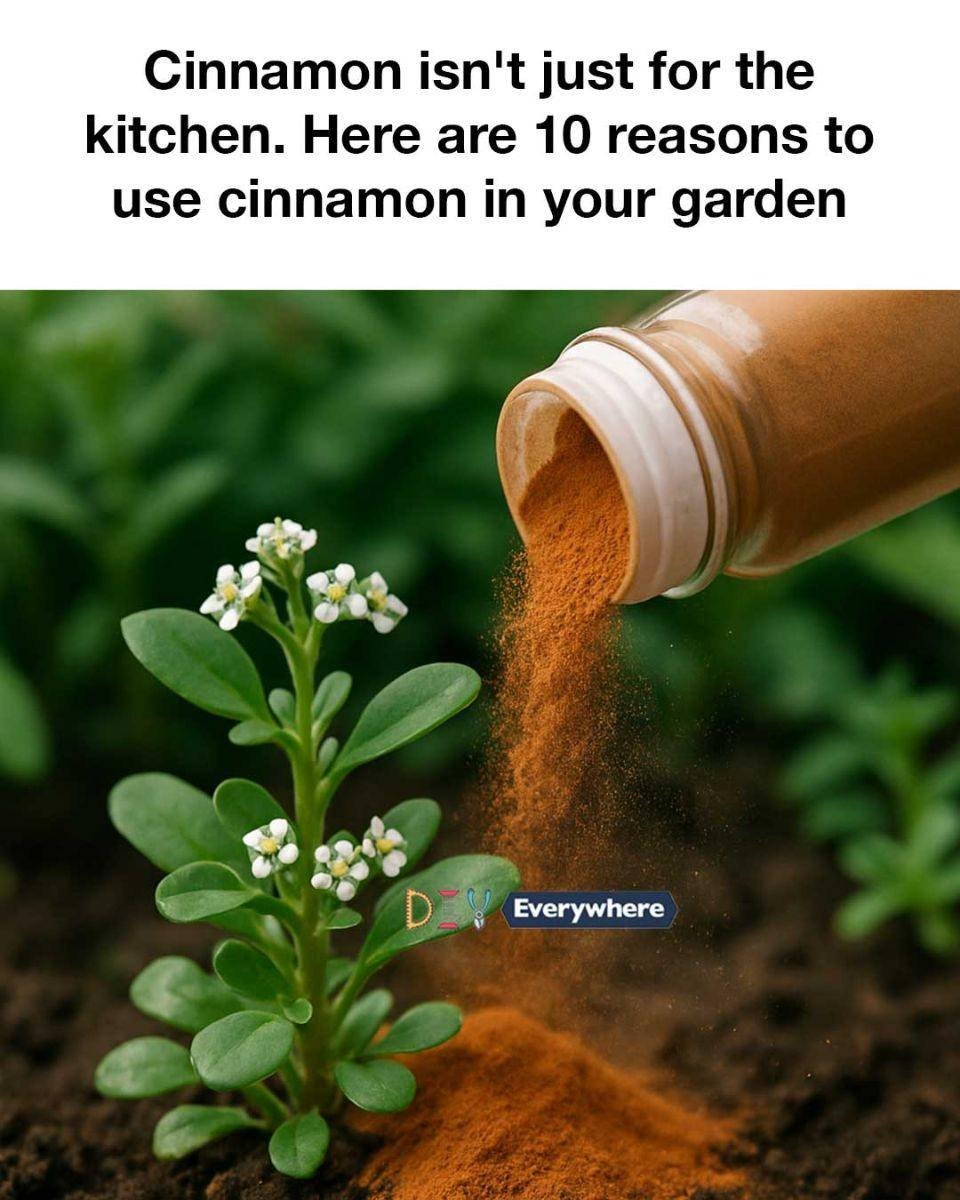ADVERTISEMENT
Cinnamon, a beloved spice in culinary traditions worldwide, is renowned for its warm, sweet aroma and flavor. However, its uses extend far beyond the confines of the kitchen. In recent years, gardeners have discovered that cinnamon can be a powerful ally in the garden as well. From acting as a natural pest repellent to enhancing soil quality, cinnamon offers a multitude of benefits that can help your garden thrive. This article explores ten compelling reasons to incorporate cinnamon into your gardening routine, showcasing its versatility and effectiveness.
Understanding the Benefits of Cinnamon in Gardening
Cinnamon’s utility in gardening is rooted in its natural properties. It contains essential oils and compounds such as cinnamaldehyde, which have antifungal, antibacterial, and insect-repelling qualities. These properties make cinnamon an excellent choice for gardeners looking for natural and sustainable solutions to common gardening challenges. By understanding how cinnamon works, gardeners can harness its potential to improve plant health, deter pests, and enhance overall garden vitality.
1. Natural Pest Repellent: Keeping Bugs at Bay
Cinnamon’s strong scent and natural oils make it an effective deterrent against a variety of garden pests. Sprinkling cinnamon powder around plants can help repel insects such as mosquitoes, gnats, and other unwanted bugs. Its natural composition is safe for plants and the environment, providing a chemical-free alternative to conventional pesticides.
2. Ant Deterrent: A Simple Solution for Ant Problems
Ants can be a nuisance in the garden, often leading to more significant pest issues. Cinnamon acts as a natural ant deterrent due to its potent aroma and irritant properties. By creating a barrier of cinnamon powder around plants or along ant trails, gardeners can disrupt the ants’ scent trails and discourage them from invading the area.
3. Fungicide Properties: Protecting Plants from Fungal Infections
Cinnamon’s antifungal properties make it an excellent choice for preventing and treating fungal infections in plants. When applied to the soil or directly onto affected plant areas, cinnamon can help combat common fungal issues such as damping-off disease, which affects seedlings. Its natural fungicidal action helps protect plants without the need for harsh chemicals.
4. Rooting Agent: Encouraging Healthy Plant Growth
Cinnamon can be used as a natural rooting agent to promote the development of strong, healthy roots in cuttings. Before planting, gardeners can dip the cut ends of plant cuttings into cinnamon powder. This not only stimulates root growth but also helps prevent fungal infections that can hinder the rooting process.
